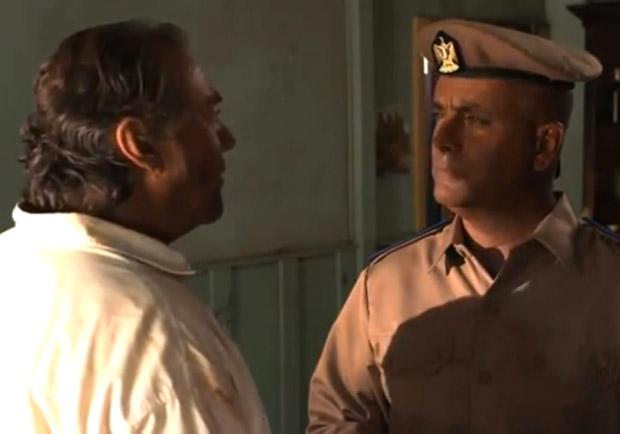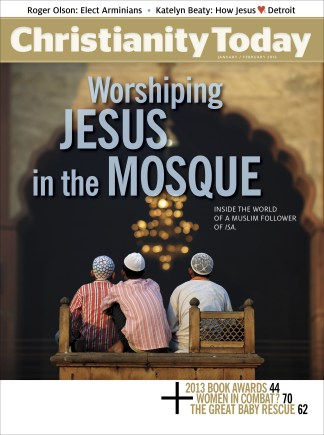The stakes have been raised for Christian satellite broadcasting in the Arab world.
On November 28, a Cairo court sentenced to death Nakhoula Basilli Nakhoula and six other Coptic Christians—who all live outside Egypt—for their alleged roles in producing The Innocence of Muslims. The film, which mocks the Prophet Muhammad, prompted violent protests worldwide.
Nakhoula is relatively safe since he and the Way, the satellite channel that broadcasted the film, are based in the United States. But the sentence drew attention to how such channels have proliferated in recent years, seeking to present the gospel to Arab Muslims by—in part—directly criticizing Islam.
"Since satellite TV is widespread across the Middle East and is uncensorable, it is obviously a key way to make the good news of the gospel available," said Terence Ascott, CEO and founder of SAT-7.
The evangelical channel, which has broadcast from Cairo and Beirut since 1996, has a policy to never attack other faiths. "Exposing the faults of another person's belief system is best done face to face in love," said Ascott. "To do it through a broadcast can often lead to a negative reaction by viewers, and … local Christians and churches then pay the price."
"Outside Egypt, channels have freedom and use it without limits," said senior producer Sherif Wahba. "But we [Egyptian Christians] are the ones who get blamed."
This claim is rejected by newer channels that challenge Islam directly. "It is ridiculous to say this, because there has been persecution in these areas long before we did our work," said Abu Ali, director of the Life, based outside the Middle East.
He counters that established broadcasters do not preach the gospel sufficiently. "If I want to be a politician and please everybody, I can do it. But will people be saved? Of course not," he said. "Is it an attack to disagree with unbiblical teachings?"
CTV, the official channel of Egypt's Coptic Orthodox Church, was quick to condemn Innocence. "We show people what the gospel says—that we are a people of love," said director of programming Akram Beshara. "But this is indirect, not direct …. I preach Christ by presenting the religion in all of its virtue."
By contrast, the Way broadcasts programs entitled "The Contents of the Qur'an" and "How to Become Christian from Muslim." Like Innocence, arguments are frequently drawn from Islamic sources that many Muslims find dubious.
"These programs pick one text, out of context, and explain it as they want to see it," said Imed Dabbour, a Tunisian producer who has worked with both SAT-7 and more aggressive channels. "It is neither objective nor academic. They make the traditional church afraid of their job by disturbing the social peace."
To help erase such dichotomies, the Coptic diocese in Los Angeles recently launched its own channel, Logos TV.
"I will try to make the Bible known to those who have not accepted Jesus' salvation on the cross," said CEO Bishoy Aziz. "But when you attack someone, they will defend their faith. If they realize Christianity is heavenly, they will be attracted to it. Otherwise, [a hostile approach] leads to enmity."










